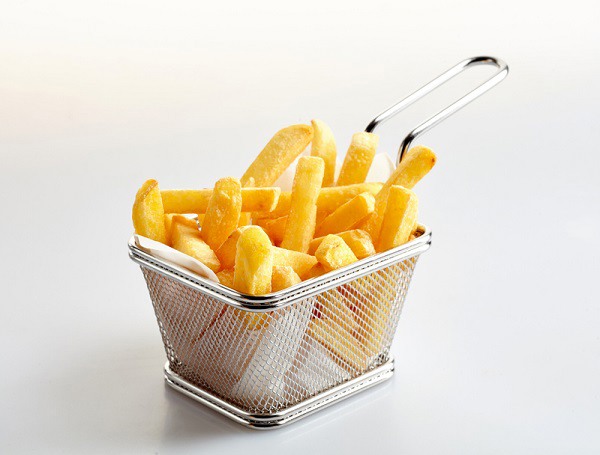"Frozen fries exports just keep growing," says Wout Cnops, Commercial Director at Shipex. This Belgian general foods exporter focuses on frozen fries. These come from Belgium, the Netherlands, and northern France. He notes there is increasing demand for French fries. The Middle East, for example, is increasingly buying French fries. There, say 15 years ago, no-one ate these potato products. "New areas are being tapped," Wout says.
 © Stockcreations | DreamstimePhoto stockcreations, Dreamstime.com
© Stockcreations | DreamstimePhoto stockcreations, Dreamstime.com
There are regions in Africa with growth potential too. Though the local infrastructure, or lack thereof, means exports to that continent are growing in small steps. The global pandemic has caused some general shifts in frozen fries' destinations. He mentions Thailand as an example. The disappearance of tourism means that country is buying far fewer French fries. Nevertheless, there are increased sales in other countries or through different sales channels. These make up for regional or sectoral dips.
Apart from operational hurdles, the pandemic has barely affected frozen French fries export volumes. "The lockdown began in the second quarter of 2020. We had a major dip then. That was largely compensated in the third and especially the fourth quarter. In 2020, we even transported a larger volume than in 2019." Wout indicates that even for 2021, expectations are reasonably positive. There should be higher volumes than in 2020. That is if there are no new lockdowns.
Disruption
COVID-19 is, however, still having a noticeable impact - the global disruption of reefer transport. Wout attributes this to the highly volatile sea transport demand. That is due to the measures surrounding the pandemic, which have skewed the carriers' systematics. He reckons the resulting container congestion could affect logistics flows at least until the summer of 2022. That is based on shipping companies' and customers' forecasts.
What is clear is that these troubles also affect prices. Wout characterizes these as sky-high. This quickly significantly affects especially low-value commodities like French fries. "As long as competition remains and potato processors can continue to sell, there's no problem. But it's not just about Europe; there's also competition from other continents. Canada, for example, plays an important role in the frozen fries export market. Elsewhere, reefer tariffs may be different."
"Europe could lose its position in the export market to other continents. That concerns us." There is a lack of drivers worldwide. This aspect partly determines transport prices and hinders land transport. "Land transport, capacity-wise, is under pressure both throughout Europe and globally. When supply and demand are skewed, prices rise. We can see that." Wout notes that increasing costs also underpin those rising rates. These have barely been passed on in recent years.
Barges
For Shipex clients, contributing to sustainable transport is becoming increasingly important. Ocean carriers are making the necessary efforts in that respect, but their influence is limited. Where a contribution can be made is on the landside. Due to the additional costs, barges are used mainly for longer-distance transport.
"We try to transport as much volume as possible with barges. That has to do with the green aspect. And with the traffic jams around the ports of Antwerp and Rotterdam. Every truck you can avoid there is a bonus and helps ease the congestion," Wout concludes. (MW)
Wout Cnops
[email protected] Shipex
Shipex
+32 (0)3 225 09 95
[email protected]
www.shipex.be










